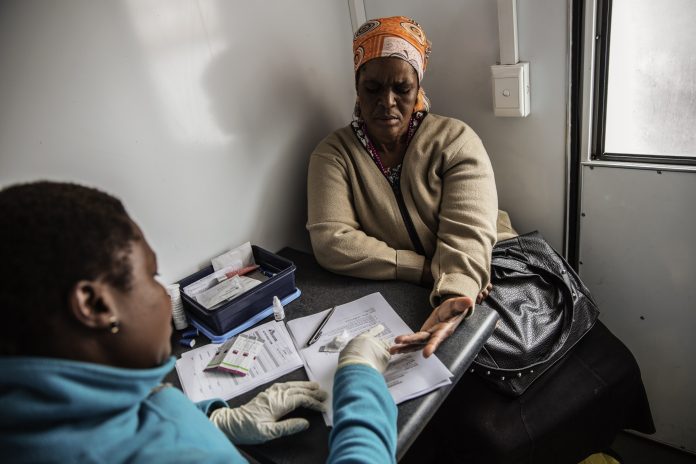Life-extending drugs are significantly improving the quality of life for millions of South Africans living with HIV, Scrolla reports.
Thanks to affordable treatment, the number of people living with HIV in South Africa has fallen by 1.3 per cent over the past six years.
On Monday, the Human Sciences Research Council (HSRC) released the sixth national survey on HIV in South Africa. The survey results showed that there are about 7.8 million people living with HIV in South Africa in 2022, up from 7.9 million in 2017.
KwaZulu-Natal has the largest number of people living with HIV and HSRC says older men continue to infect girls and young women in the province. Although Mzansi is the global epicentre of the disease, people are living longer and contributing to a more stable workforce than in the past.
HSRC head of public health, Prof Khangelani Zuma, said the rate of infection was declining. He claimed:
These factors include fewer people getting infected with HIV, more children born HIV-negative, Aids-related mortality, and people ageing and dying from natural causes. The epidemic curve also shows an ageing population of people living with HIV who are living longer as the epidemic stabilizes.
One reason for the decline in HIV deaths is to extend treatment to patients who do not wait until their CD4 count falls below 500 cells. The prevalence of male circumcision among 15-24 year olds also increased from 43% in 2017 to over 50% in 2022. This is an important achievement as studies have shown that male circumcision can reduce the risk of heterosexual transmission of HIV by about 60 per cent.
South Africa’s state news agency reported that HIV prevalence among 15-year-olds and older varies geographically, ranging from 8 per cent in the Western Cape to 22 per cent in KwaZulu-Natal. HIV prevalence is almost twice as high among women (20 per cent) as among men (12 per cent).
More than 27 000 households in all nine provinces of South Africa were interviewed between January 2022 and April 2023. The study was funded by the US President’s Emergency Plan for AIDS, which was initiated in 2003 by then President George W. Bush Jr.
